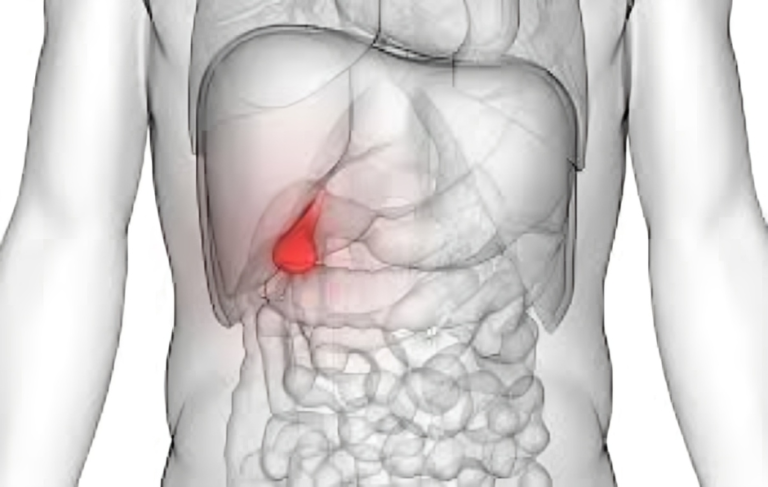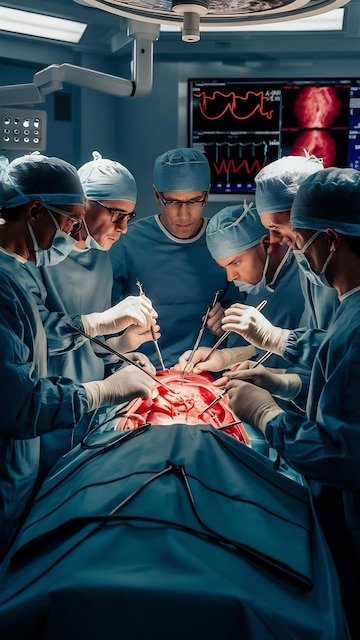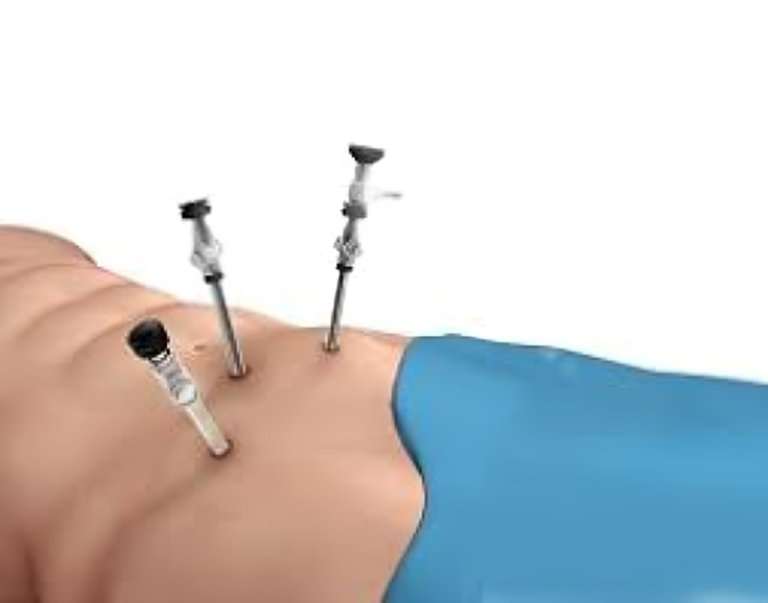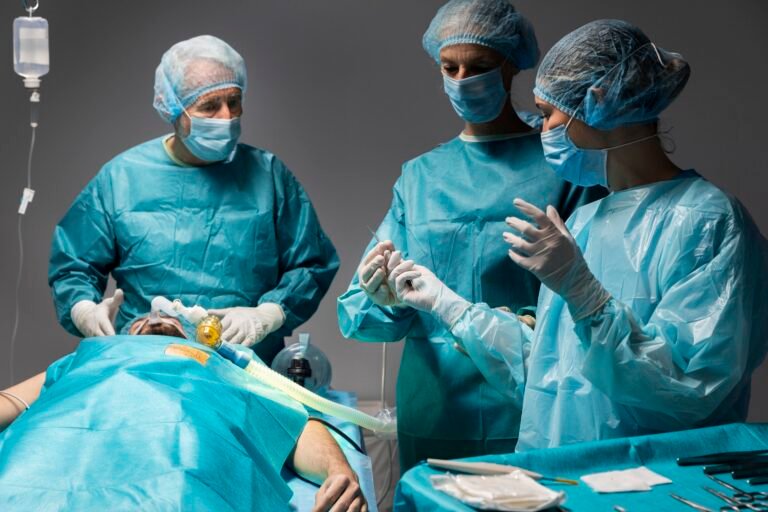Precision in Practice: Laparoscopic Surgery’s Revolutionary Impact on Medical Advancements.
In the realm of surgical interventions, laparoscopic surgery has emerged as a revolutionary force, transforming the landscape of traditional procedures with its minimally invasive approach. This groundbreaking technique, also known as keyhole or minimally invasive surgery, has redefined precision in practice, offering patients and healthcare professionals a host of benefits. In this article, we will explore the advancements and transformative impact of laparoscopic surgery on the field of medicine.
To Know More About It Please Click Here
The Evolution of Surgical Techniques
Historically, surgery often involved large incisions, extended recovery times, and increased risk of complications. Laparoscopic surgery, introduced in the late 20th century, represents a paradigm shift in the way surgical procedures are performed. Instead of large incisions, surgeons utilize small keyhole incisions through which specialized instruments and a camera are inserted, allowing for a magnified, high-definition view of the surgical site.
Advancements in Visualization and Instrumentation
- High-Definition Imaging: Laparoscopic surgery leverages advanced imaging technologies, providing surgeons with crisp, clear visuals of the surgical area. High-definition cameras allow for intricate and detailed views, enhancing the precision of the procedure.
- Articulating Instruments: Specialized laparoscopic instruments have evolved to mimic the movements of the human hand, offering a wide range of motion within the confined space of keyhole incisions. This adaptability enables surgeons to perform complex maneuvers with enhanced accuracy.
Benefits of Laparoscopic Surgery
- Minimally Invasive Approach: The hallmark of laparoscopic surgery is its minimally invasive nature, resulting in smaller incisions, reduced trauma to surrounding tissues, and decreased blood loss. Patients experience less pain and scarring, leading to quicker recovery times.
- Faster Recovery and Shorter Hospital Stays: Compared to traditional open surgery, laparoscopic procedures generally lead to faster recovery times. Many patients can return to normal activities sooner, and hospital stays are often significantly shorter.
- Reduced Risk of Infections and Complications: Smaller incisions mean a lower risk of infections and complications. The minimally invasive approach contributes to a decreased likelihood of postoperative issues, benefiting overall patient safety.
- Enhanced Precision and Accuracy: Laparoscopic surgery provides surgeons with a magnified, three-dimensional view of the surgical site. This heightened visibility, coupled with precise instrumentation, allows for increased accuracy in performing intricate procedures.
Applications Across Specialties
- Gynecology: Laparoscopic techniques are commonly employed in gynecological surgeries, including hysterectomies and ovarian procedures, offering women a less invasive option with faster recovery.
- Gastrointestinal Surgery: Procedures such as cholecystectomy (gallbladder removal), appendectomy, and colorectal surgeries benefit from laparoscopic approaches, minimizing trauma and optimizing patient outcomes.
- Urology: Laparoscopic surgery has revolutionized urological interventions, including procedures for kidney, bladder, and prostate conditions, leading to improved patient experiences.
Conclusion
Precision in practice is no longer a distant aspiration but a tangible reality in the world of surgery, thanks to the revolutionary impact of laparoscopic techniques. As technology continues to advance and surgical expertise evolves, the benefits of laparoscopic surgery will likely expand, further enhancing patient outcomes and shaping the future of surgical interventions. This minimally invasive approach stands as a testament to the continual pursuit of excellence in medical advancements, promising a more precise, patient-friendly, and efficient era in surgical practice.








